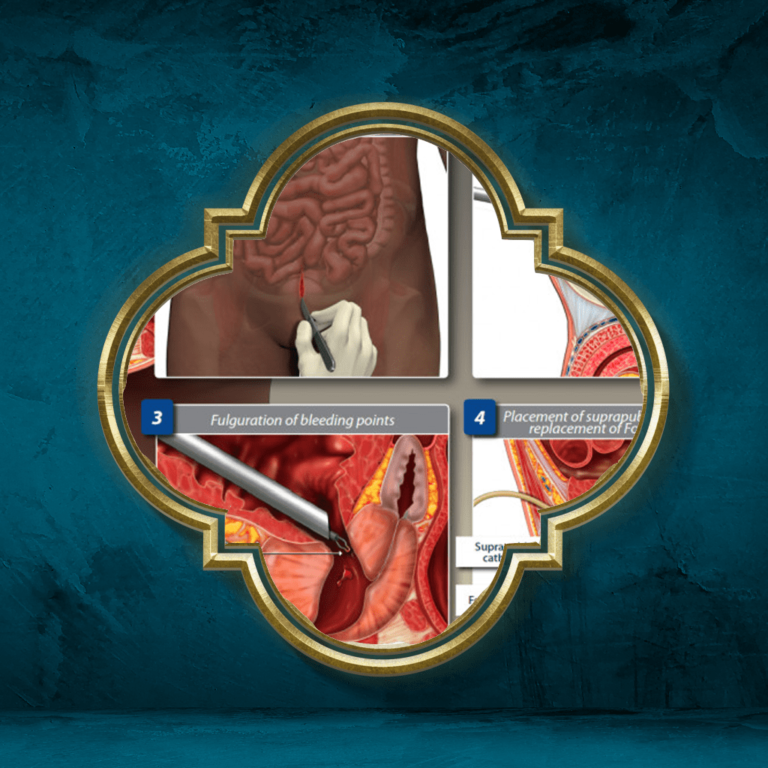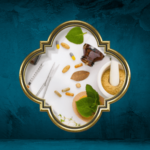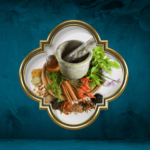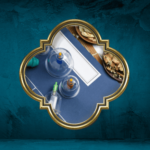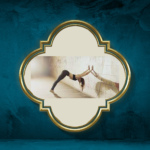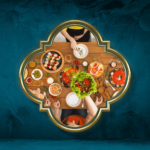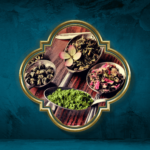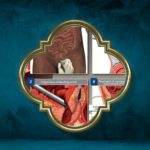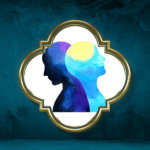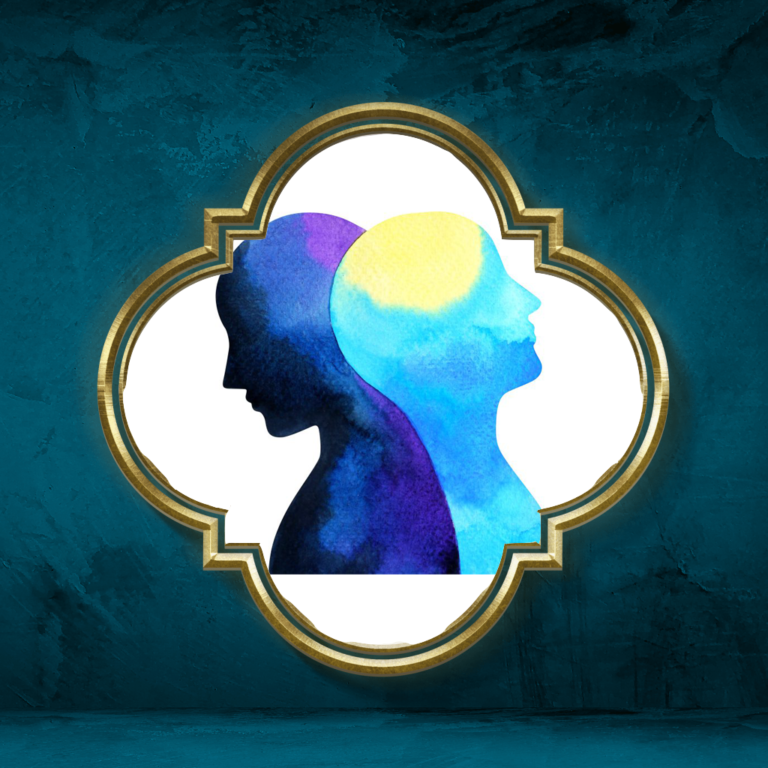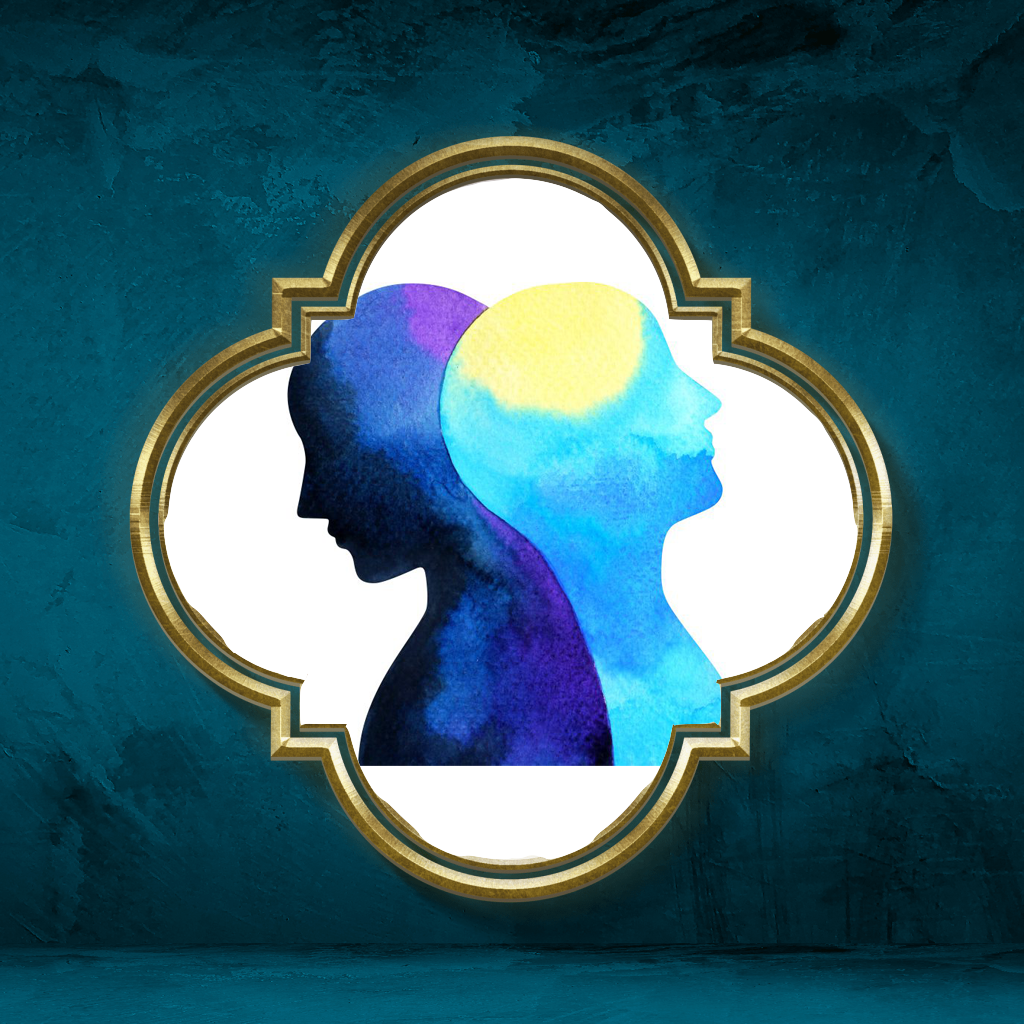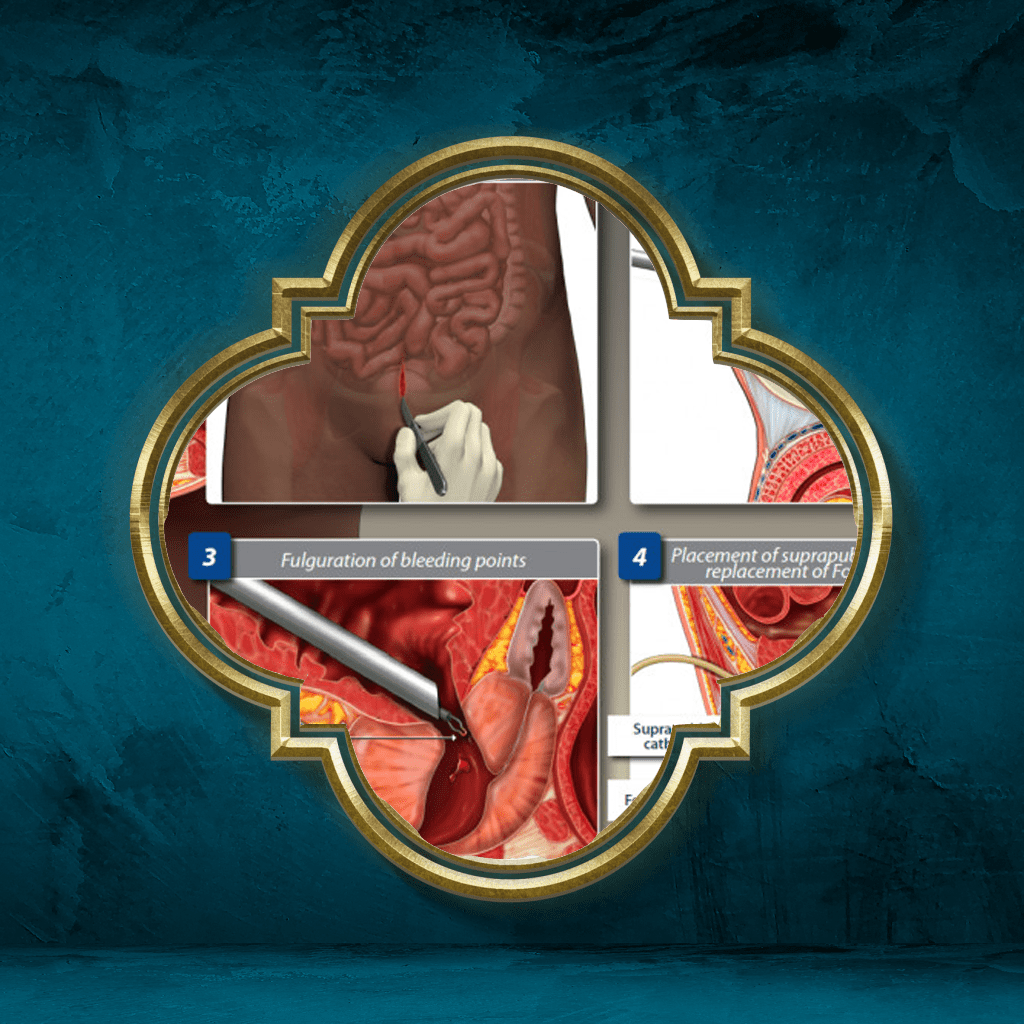
Retention and Evacuation
In the Persian medicine viewpoint, there are two groups of substances in the body, substances that must be maintained in the body to maintain health, substances that must be eliminated from the body. Retention” means to save and keep needed materials in the body in its appropriate level and “evacuation” means to purge and dispose of anything that qualitatively or quantitatively harms the body. Urination and defecation, exhalation, sweating, and menstrual bleeding are among the most important ways of the evacuation of body waste products. Any long-term disturbance in one of the processes leads to the accumulation of waste products in the body that in turn cause various diseases and especially chronic disease.
Excessive evacuation causes weakness, dryness and thinness of the body, sleep disorders and other diseases, on the other hand, excessive retention causes loss of appetite, obstruction, obesity and heaviness of the body, headaches, dizziness and other diseases.
Dr. Razie Nabi Meybodi
Editor and translator: Dr. Fatemeh Alizadeh Vaghasloo

